Parliament
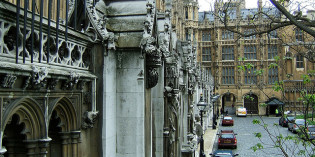
War, Peace and Parliament: experts respond to the government’s defeat on Syrian intervention
The government’s defeat in the House of Commons on the issue of military intervention represents a constitutional landmark. Although Parliament still lacks any formal war powers, the Prime Minister has pledged to abide by MPs’ decision. In this post, Democratic Audit asks leading parliamentary and constitutional experts for their views on the implications of the […]

In the representation of women in political life, the UK continues to be outperformed by other democracies
In the 2012 audit of UK democracy, Stuart Wilks-Heeg, Andrew Blick, and Stephen Crone considered how women were represented in public life. They found increased participation of women in government, although more recently progress has gone in reverse. Movement towards greater gender equality in the make-up of the House of Commons has also been slow. Among the […]
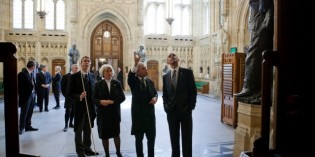
David Cameron’s Syria defeat was unexpected, but Prime Ministers are regularly forced to bow to Parliament’s will
David Cameron’s defeat last night in the Commons on his motion on military intervention in Syria has been met with shock, and correctly seen as a very visible assertion of parliamentary power. Dr Meg Russell of the Constitution Unit at UCL argues that although such confrontations are unusual, it would be wrong to assume that […]

Parliament has relatively weak war powers compared to legislatures in other democracies
Parliament is today being recalled from its summer recess to discuss the possibility of British military intervention in Syria. In the 2012 audit of UK democracy, Stuart Wilks-Heeg, Andrew Blick, and Stephen Crone considered Parliament’s powers in this area. Although Parliament has debated Britain’s involvement in recent conflicts it has no formal role in decisions over whether to deploy military force. In this […]
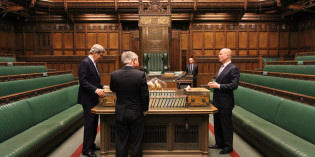
Choosing the Speaker of the House of Commons: some proposals for change
Should we change the way we select the Speaker of the House of Commons? The current system requires that the House select an MP, who then gives up their party label and their public political views. At general elections, Speakers’ seats are not contested by the main parties. Richard Berry and Sean Kippin argue that […]

Lighting the touch-paper: increasing MPs’ pay
MPs’ pay remains a highly controversial issue, despite the establishment of the Independent Parliamentary Standards Authority in the wake of the expenses scandal. Recent IPSA proposals to increase pay have sparked fierce reaction. Matt Korris of the Hansard Society argues that pay needs to be based on a dispassionate assessment of the work of MPs, but […]
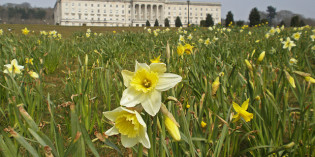
Northern Ireland Assembly elections show internal party cultures, not the electoral system, prevent equal opportunities for women in politics
Only a fifth of MLAs in the Northern Ireland Assembly are women, which is lower than the House of Commons and other devolved legislatures in the UK. In the second post our Gender and Democracy series, Claire McGing investigates whether the single transferable vote system used for Assembly elections explains female under-representation. She finds, however, that […]
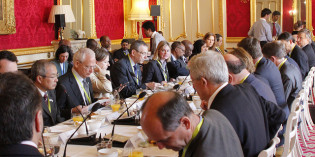
Woeful figures on women’s representation in public life show that gender equality is far from complete
Women continued to be under-represented in public life, across many different types of organisation. In the first post in Democratic Audit’s new Gender and Democracy series, Adele Baumgardt believes this under-representation undermines the idea that women’s equality has already been achieved. With a specific focus on Wales, which led the world in its achievement of a gender-balanced […]
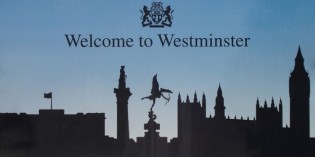
London and the South East feature disproportionately in parliamentary CVs
Last month Democratic Audit published new data on the geographical origins of MPs, considering where they were born and went to school. In the second part of this analysis, Richard Berry examines where MPs went to university and worked before being elected. He finds, in particular, that the southern regions of England are over-represented in […]
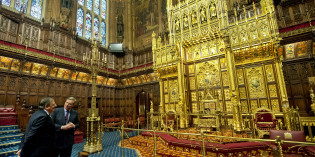
Democratic round-up: the House of Lords
The House of Lords has been in the news again. Here, Sean Kippin takes a look at some of the more interesting articles, blogs, and pieces of research from the last week on Parliament’s upper chamber. Last week, the Government announced their latest nominations for membership of the House of Lords, with the governing Conservative and Liberal […]


 Democratic Audit's core funding is provided by the Joseph Rowntree Charitable Trust. Additional funding is provided by the London School of Economics.
Democratic Audit's core funding is provided by the Joseph Rowntree Charitable Trust. Additional funding is provided by the London School of Economics.